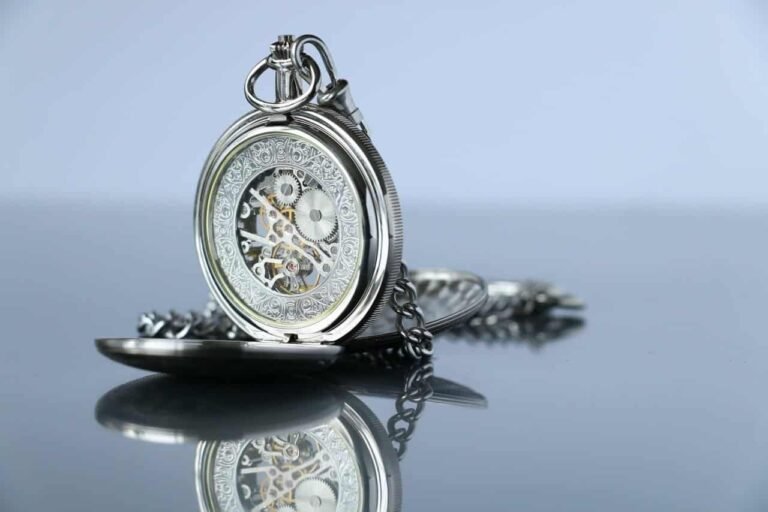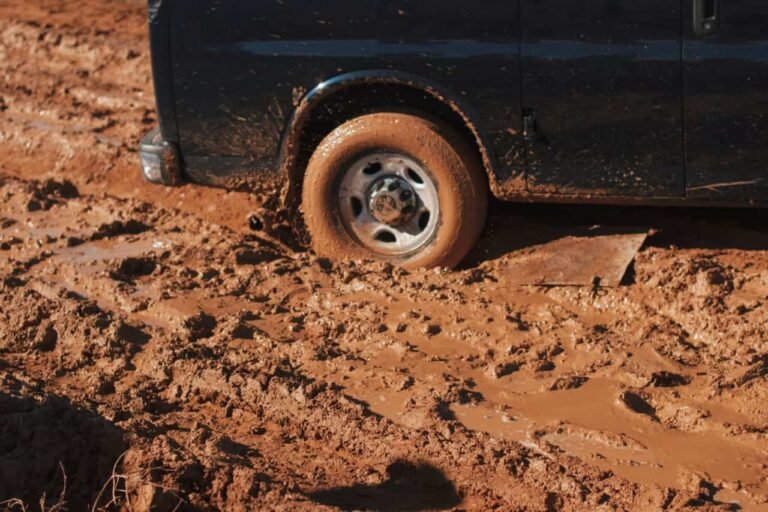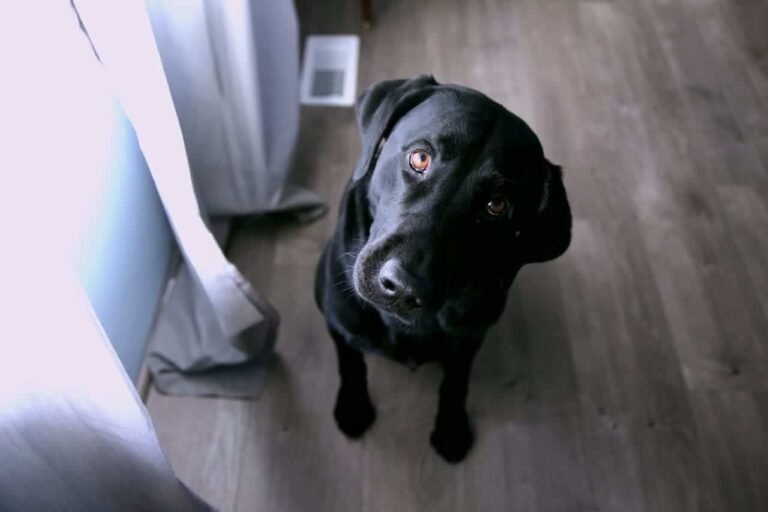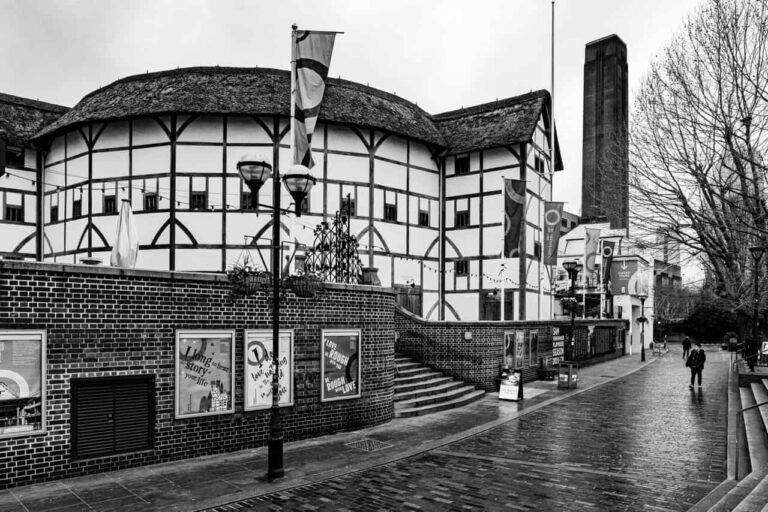The sun always shines above the clouds – a return to normal or a once in a lifetime opportunity?
There’s no doubt that the last few weeks have changed the face of the world – perhaps forever.
Many of the freedoms that we took for granted have been removed, as countries all around the world work frantically to limit the devastating effect of the Coronavirus. However, at some point, we will inevitably start to look towards the future and think about ‘getting back to normal’.
In this article, we examine why striving for a quick return to normal could be counterproductive and why this could be a once in a lifetime opportunity to stop, think and create a better future for everyone.
A return to old ways and old habits
Social distancing and staying at home has given many of us the time to stop and reflect on our lives. The requirement for basic essentials such as food, shelter, water, sleep and exercise have helped to provide structure to days which might have otherwise have been filled with work, sport, music, theatre, days out, lunch with family, dinner with friends or trips to museums and galleries.
Whilst it has been wonderful to see so much community spirit in supporting our health workers, it hasn’t always been as evident in the shops where excessive stock piling has meant that basic items like toilet rolls and flour have become rarer than hens’ teeth.
In a way, a crisis can bring out the best and worst of humans, but if we’re not aware of the worst of our habits during the worst of times and can’t acknowledge the harm they cause ourselves and others, then those habits will subconsciously remain when things return to ‘normal’.
When our old habits break us
Of course, we’re not all secret toilet roll hoarders, but spending more time isolated at home provides a rare opportunity to think about what types of habits might be doing us more harm than good, for example:
- being constantly plugged into the news and social media doesn’t provide the space to stop and really think for ourselves, a key part of self-improvement;
- similarly, being plugged into work e-mails 14 hours a day, 7 days a week doesn’t provide a safe distance from which we can assess what’s important and what’s not, nor is it good for our eyes or overall health;
- practising an instrument or training as an athlete 6 hours a day for the sake of notching up practice hours is going to be more detrimental than 45 minutes of really focussed practice;
- getting up at 5.30am every day so that we can spend 4 plus hours commuting to and from work will eventually take its toll on ourselves and others.
Can you think of any other habits that are relevant to your life or work and how they might have affected or be affecting you, or your relationships with others?
Breaking point
Deeply embedded habits can ultimately have career ending consequences – there is ultimately a point of no return with all bad habits, when your body shuts down and says ‘I’m not taking this any more.’
Once a career comes to an end, it can take a lot of time to unravel the clues as to why that happened, but it often comes back to the same thing – our ability to recognise bad habits, inhibit them and replace them with more helpful ones.
Of course, one of the main difficulties is recognising bad habits in the first place, but if you can, it gives you a real fighting chance to build a better and stronger foundation from which you can start to explore new opportunities in life in a safer way.
Life after the storm
Once this pandemic passes, schools gradually re-open and we start to drift back to our old working patterns, we have a choice. We can either bring back all of our old unhelpful habits with us, or we can think about what new ways of working and living our lives would benefit us and society as a whole.
Perhaps the four day work week, commuting less and the obvious benefits that they bring will be looked at more seriously as a more sustainable way of working and living? Or perhaps the importance of learning through more creative subjects and the co-operative team ethic that they instil will come to the fore, with the over-testing of school children being replaced with a system that allows each child to develop their personalities and skills in a more natural way, allowing every young person shine?
Whilst a storm can bring devastation, it is clearing up after a storm that allows the opportunity for people to rebuild better and stronger foundations, but ultimately our foundations are only as strong as the habits on which they are built.
Breakthrough
As sad as the current situation is, the devastation that a previously unknown virus leaves behind gives us all a once in a lifetime opportunity to really think about the way that we live and work, before things start to return to the old norms.
Self-distancing gives us the chance to spend some time to dig a little deeper and inquire more about our habits, how they might have arisen in the past, how they affect us and those around us and ultimately, whether they are useful or detrimental to us and society.
Just imagine, if everyone in the world changed just one of their bad or unhelpful habits, the positive knock on effect could be huge. Even at a local level where businesses and society replace old habits for new and better ones, it could provide a stronger foundation on which communities could look forward to the future with greater confidence.
Life above the clouds
As the current storm clouds gradually dissipate over time, it will be the quality of our thoughts and habits that will define how we recover from the current crisis.
If we keep our habits in the clouds, life may be harder than we imagine, but if we lift our habits above them, then it may just give the whole of the world a new chance to shine in the sun.








